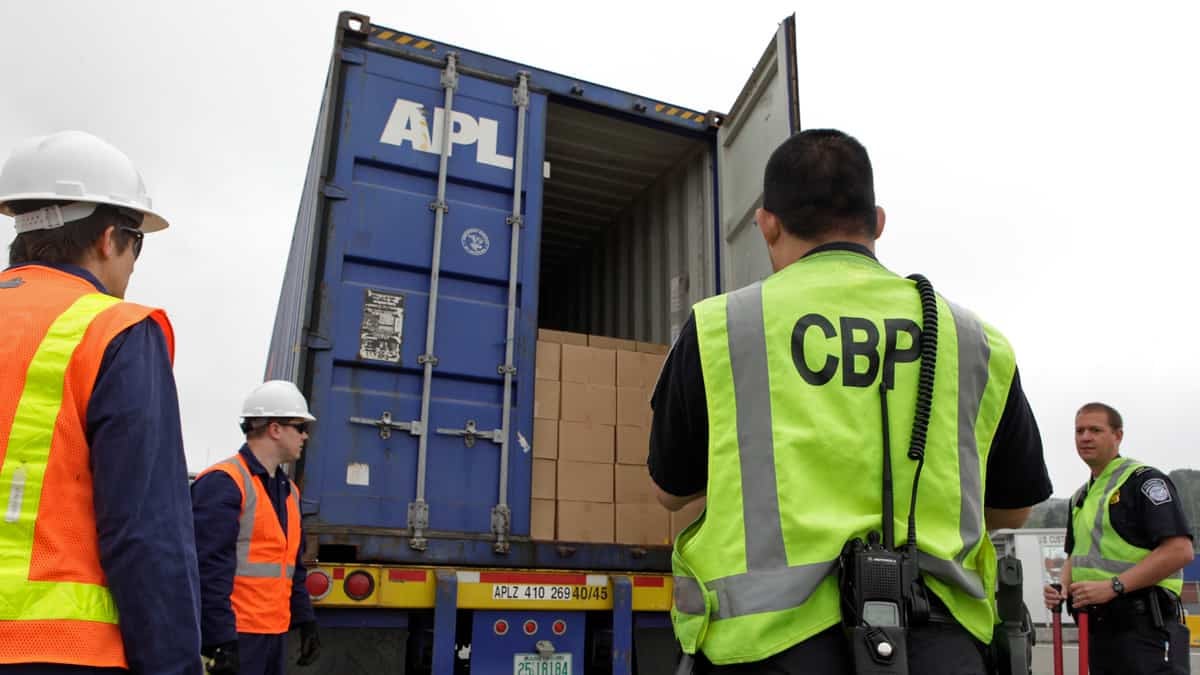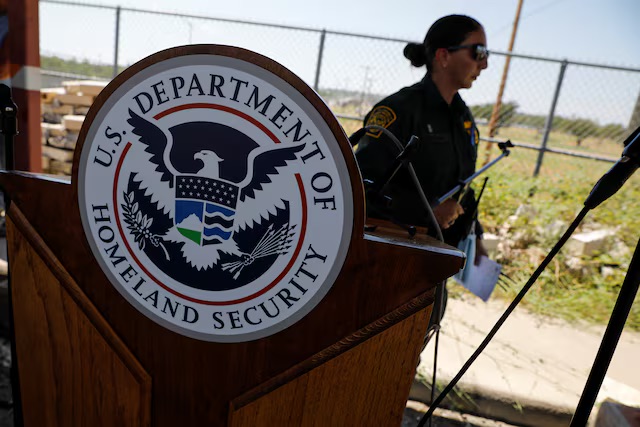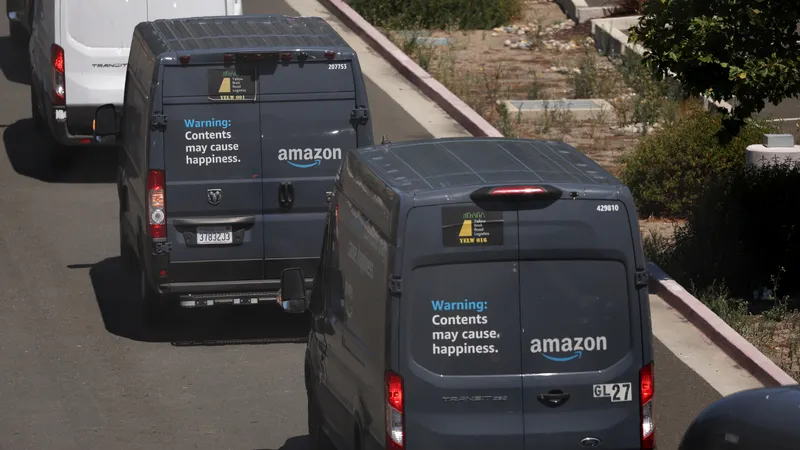Logistics Pulse Newsletter— Government Shutdown, New Tariffs, and Peak Season Outlook
Welcome to Logistics Pulse
This week’s top news in trucking and logistics
The U.S. government shutdown adds new variables as peak season begins. Freight is still moving, but shippers may encounter slower inspections and processing. Tariff collections remain in place alongside newly expanded duties, while Amazon’s holiday surcharges highlight rising costs across modes. Together, these shifts underscore the need for proactive planning and flexible supply chain strategies.

U.S.–China Trade Talks: What the Tariff Truce and Tech Deals Mean for Global Freight
Check out the Logistics Pulse Podcast on your favorite streaming platform:



Top articles this week

Ports brace for government shutdown
Federal staffing disruptions at ports and partner agencies can snarl inspections, permitting, and other compliance tasks even if terminals remain open. For shippers, the operational risk isn’t a hard stop so much as a slow bleed: dwell variability, missed connections, and cascading accessorials are the likely pain points. Aligning cutoffs with earliest return windows, pre-clearing documentation, and building dwell buffers can mitigate the worst outcomes. If you rely on transload handoffs, tighten appointment discipline and have backup drayage/reservation options.
Are your bookings and paperwork prepared to handle multi-day slowdowns?

US tariff collections to continue through a government shutdown, DHS says
While many federal functions have gone dark, the Department of Homeland Security confirmed that U.S. Customs and Border Protection will keep collecting tariffs throughout the shutdown. For importers, that means no reprieve from newly expanded tariffs hitting trucks, furniture, lumber, and other categories. With duties stacking on top of peak-season transportation costs, landed-cost models may need urgent updates. Shippers should also expect slower resolution of classification disputes or refunds, as fewer CBP staff are available for case work.
How are you stress-testing your sourcing and landed-cost assumptions against both higher tariffs and longer wait times for relief?

Amazon Shipping preps higher peak season surcharges
Amazon Shipping will apply holiday surcharges Oct 26–Jan 17, with per-package demand fees ($0.40/$0.60/$0.40) and higher handling, large-package, and heavy-item charges peaking in late November. Rates are notably higher than 2024, even without last year’s volume-based surcharge. For shippers, the takeaway is clear: capacity assurance costs more at peak.
How will you adjust packaging, carrier mix, and delivery promises to stay ahead of these fees?
Read more on Supply Chain Dive
In Other News
Mothership National LTL expands SoCal → Chicago
Daily pickups and simplified linehaul from Southern California into the Chicago market add another fast, tech-driven LTL option for shippers looking to reduce touch points and speed freight off the dock.
How truck tariffs might play out for the industry
New tariffs on imported truck parts could lift equipment and maintenance costs, pressuring carrier economics and, over time, shipper rates.
Read more on Supply Chain Dive
Trump slaps tariffs on imported lumber, timber and furniture
The U.S. imposed new tariffs on imported lumber, timber, and furniture, increasing costs for wood-based goods.
California guts key Advanced Clean Fleet Rules; what’s next?
California has scaled back elements of its Advanced Clean Fleets regulation, altering the timeline for zero-emission truck adoption.
China could bar U.S.-service ships in new maritime dispute volley
Rhetoric around restricting U.S. service ships has raised tensions on trans-Pacific lanes.

Diesel price trends: stability continues in volatile market

